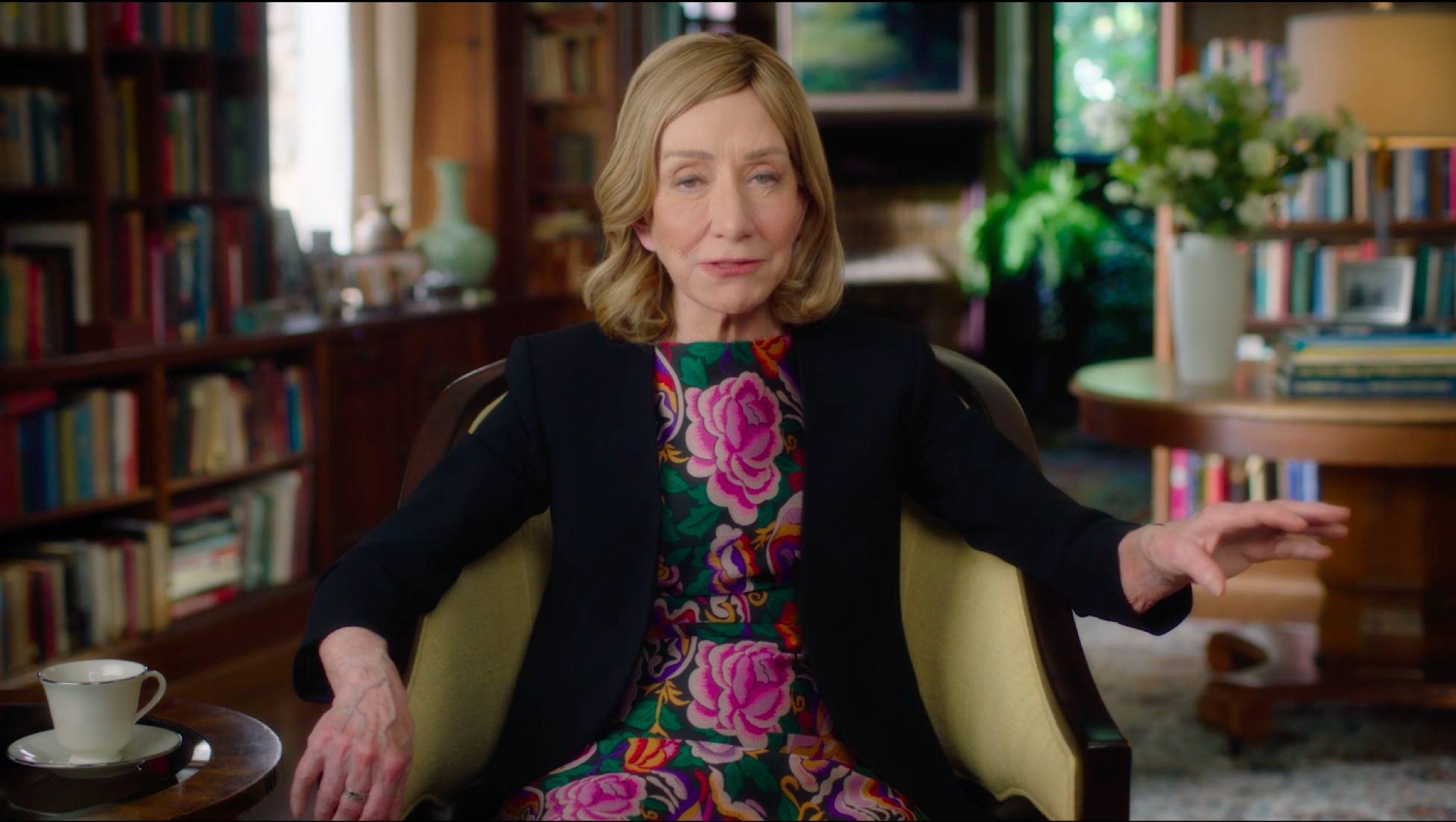

Regrettably, Goodwin recounts all this in unimaginative prose, offering surprisingly few original insights into either baseball or the sociopolitical currents of the time. Gradually we see her neighborhood unraveling under economic pressures, the Dodgers and Giants moving to the West Coast, and finally, her mother dying of an apparent heart attack at 51.

Goodwin also offers a child's-eye view of the Cold War, from the lunacy of bomb shelters and ``duck and cover'' drills to a particularly disturbing memory of reenacting the McCarthy hearings with other neighborhood children. If baseball bonded her more deeply to her father, books served the same purpose in her relationship with her mother, a sickly woman with severe angina and numerous other problems. in narrative art.'' One can easily see how re-creating these games from the score book taught her to harness her imagination to quotidian details to re-create history. When she was six, she recalls, her father gave her a score book and taught her how to use it, a gift that ``opened heart to baseball.'' Retelling games for her father's benefit after he came home from work was her ``first lesson. Perhaps the biggest difference between Goodwin and other girls growing up in this era was her deep and abiding enthusiasm for baseball. Her father worked, her mother was a homemaker. She grew up on suburban Long Island at a time when many families were relocating to such communities.

In many ways Goodwin had a typical '50s girlhood.

Photos not seen by PW.Pulitzer Prizewinning historian Goodwin (No Ordinary Time, 1994, etc.) turns her gaze inward, looking back on a childhood enlivened by books and baseball. Yet in the pages giving her childhood perspective on such things as race and the Army-McCarthy hearings, we behold the deep roots of this historian's success in her art. But when Goodwin focuses on herself and her family apart from baseball-her mother was chronically ill and dies in the final pages of the book-she seems content to skim the surface of the story, with emotion held too deeply in check for what ought to have been the book's climax. The baseball games of Goodwin's New York City youth are dramatically and beautifully narrated-it is refreshing to read about a girl's passion for the sport her childhood love of the game and the three teams that played in the city in the 1950s is evident in every paragraph. The word "recollections" in the subtitle rather than "reflections," say, is an apt designation of the book's content, which is charming and endearing, though does not allow access into the author's inner life. This memoir by the Pulitzer Prize-winning historian (No Ordinary Time) is a moving ode to her father and to their shared love of baseball.


 0 kommentar(er)
0 kommentar(er)
